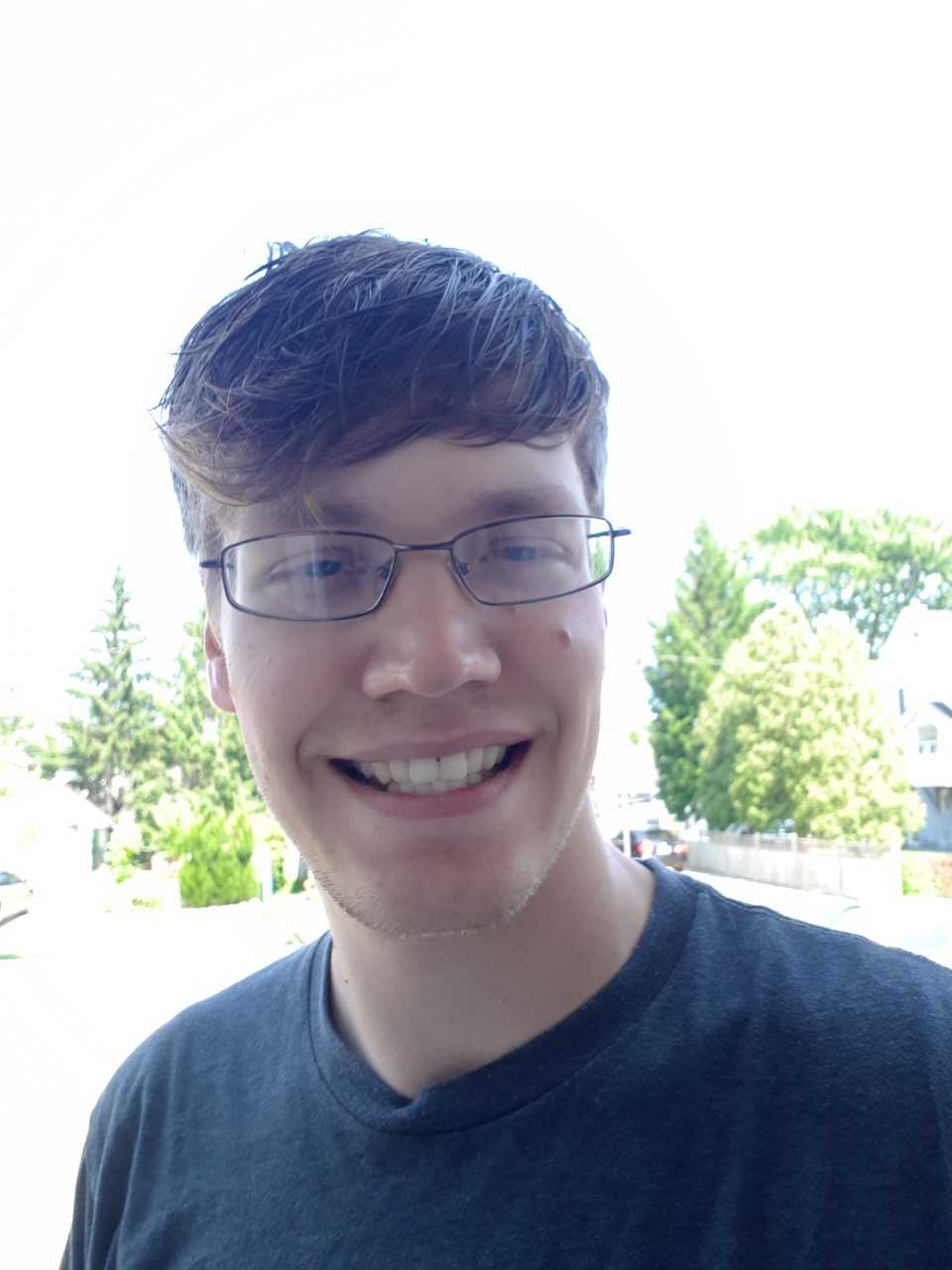These former University of Windsor History students have transitioned into unique sectors of the workforce with alacrity. We asked them how their degree in History has allowed them to be sucessful in their careers:
Abdul Merhi

"Being a history major allowed me to explore post secondary education through a dynamic lens. Understanding our local history and analysing historical events to interpret the present are key traits that the history program provided me with. Taking history at the University of Windsor allowed for my passion for education to grow well beyond the classroom."
Cal Murgu

"In retrospect, studying history at the University of Windsor provided me with the foundational skills on which to continue growing, as a student and, perhaps more importantly, as a human being. I use skills such as critical analysis, collecting and assessing evidence, and articulating arguments orally and in writing every day in my personal and professional life. One thing is for certain: in today’s social and political climate, these skills are at a premium."
Ethan William

"The courses cover both breadth and depth. I had the opportunity to learn a variety of historical periods and regions of the world including our local. The teachers made for a truly enjoyable educational experience. My interests were constantly engaged through the many course options"
Daniel Cartier

From critical analysis to academic and concise writing, History gave me the transferable skills I needed to be successful in all future positions I wished to attain. This along with a faculty filled with professors that cared about my success and helped me reach my goals within their classes and outside in the field made History was the best decision of my academic career
Sharon Hanna

Choosing History at UWindsor was the best decision I ever made. My degree was as unique as they come—balancing History with Biological Sciences—but from day one, I was encouraged that my diverse interests were a strength. The History department gave me every opportunity to succeed, from office hours spent going line-by-line through my papers teaching me to write like a historian to a hands-on research assistantship. The skills I gained are not abstract. I use them every day in my career as a history editor—a job I owe to my professors who invested in me.
Jessica Knapp B.A., M.A., in Public History
After completeing her Bachelor of Arts degree in History and English Literature at the University of Windsor, Jessica Knapp pursued a Master's in Public History at the University of Western Ontario in London.
She is now an Online Engagement Coordinator at Canada's History in Winnipeg. According to Canada's History, "Jessica stays active in the public history community by developing and fostering relationships with a variety of public historians in Canada, including museum curators, archivists, community groups, teachers, and students.
Her goal within the Society is to encourage Canadians to learn, share, and engage with Canadian history."
Thanks for agreeing to answer these questions, Jessica.
Q: How easy or difficult was it to transition into the MA in Public History at Western following your time at Windsor? And would you recommend Public History to others?
A: Transitioning to Western University’s MA program in Public History from UWindsor was the easiest part of the experience. I was always passionate about the studying history (still am!) and I was eager to discover the different ways I could share this with others, so public history was a natural fit.
The Public History program is intense and those who want to succeed in it have to be ready to put their head down long enough to get the work done, but bring it back up in time to see the numerous opportunities coming their way.
Q: How did your experience help you land the job at Canada's History?
A: The journey to Canada’s History has been more step-by-step experiences than working towards one goal. When I was completing my undergraduate degree at UWindsor I wasn’t thinking about where I would be working, I was still thinking about how I could learn more about sharing history with others (in a way other than being a teacher).
At Western I was consistently working hard, doing original research, presenting that research in different forms, and networking. Ultimately, it was my work ethic, creativity, knowledge of heritage organization and passion for history that helped me land my job at Canada’s History.
I think your point is a really important one and it reminds me of the "cart before the horse" idiom. It's important to remain grounded and driven, and not to get overwhelmed by the choices we may or may not have to make in the future. So, what particular things would you look for if you were in a position to hire new graduates?
If I were in the position to hire new graduates, I would be looking for someone who has shown initiative in both their education and community.
That's great. Our new Public History internships are trying to do just that. Finally, curricula does not provides everything that people need to be successful in their next job. What else should students try to learn while in university beyond the curriculum that would help them succeed?
The two most important things to learn outside curricula is how to network with professionals and how to self motivate. Your undergraduate degree is a great time to learn and practice how to self motivate because chances are you will find yourself in a course that you are not totally enthused about and still have to be successful.
Excellent advice. Thanks, Jessica.
